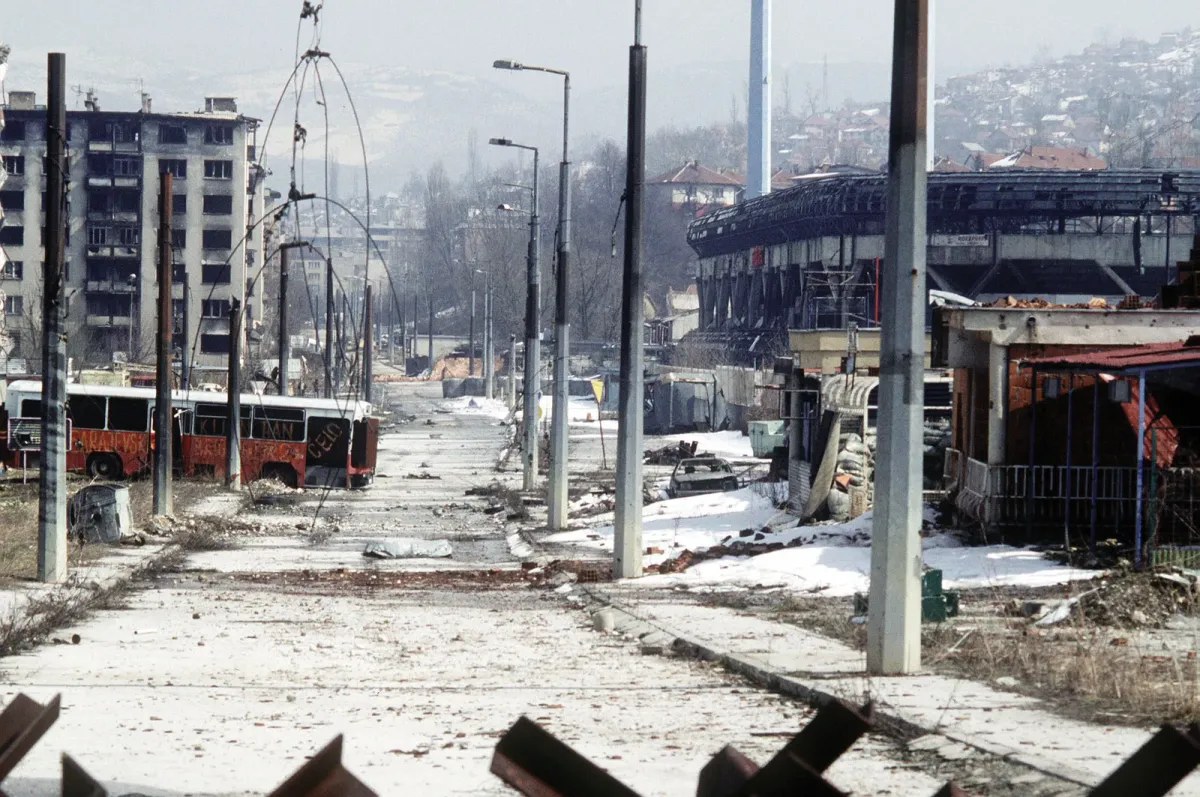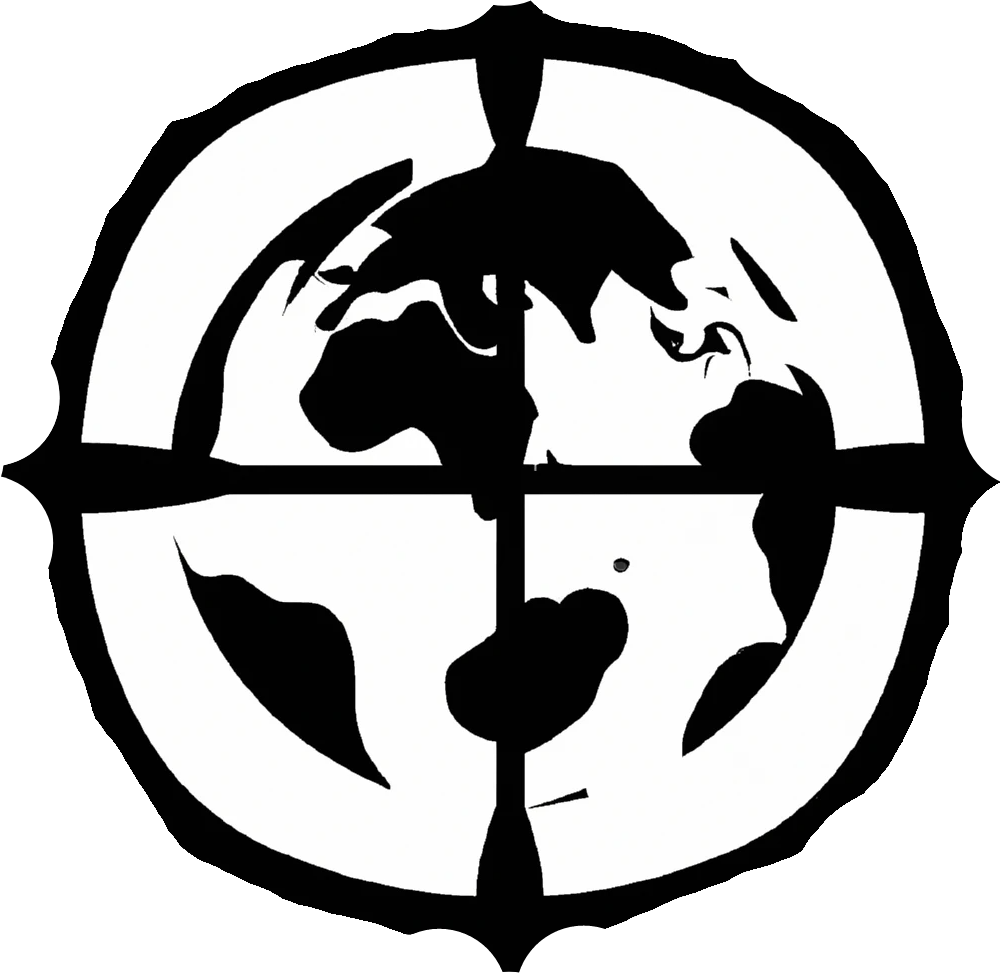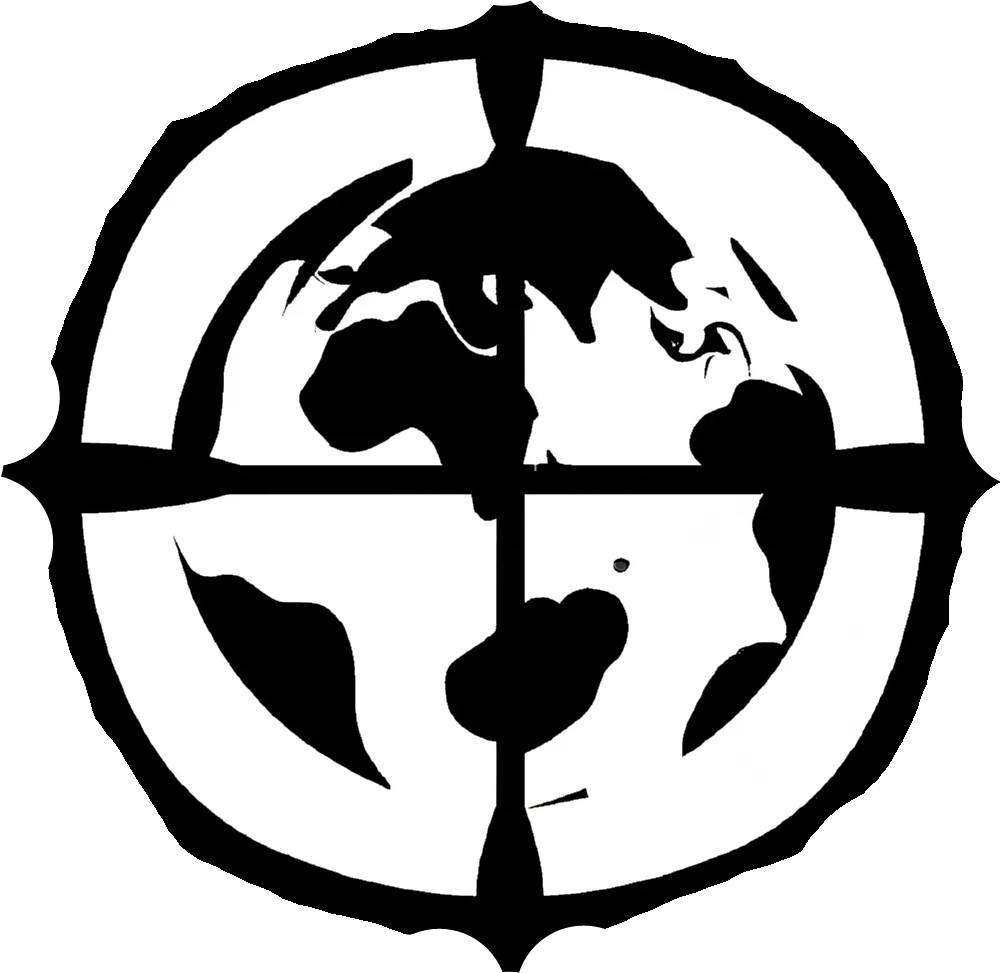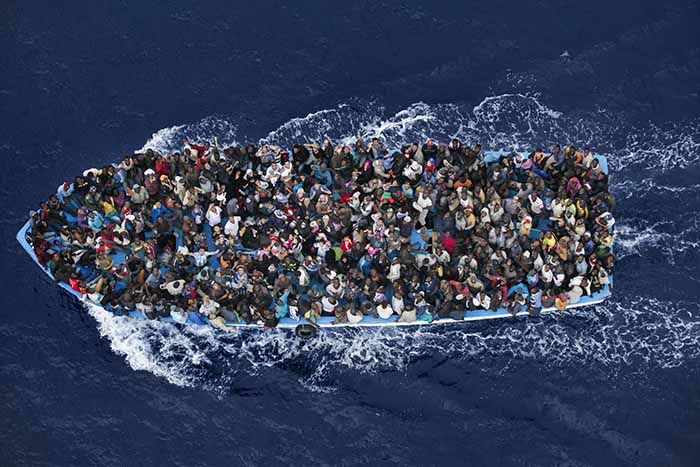The Bosnian War: Understanding its Causes, Course, and Consequences
"The Bosnian War: Causes, Course, and Consequences" - An in-depth look at the conflict that shaped Bosnia and Herzegovina and influenced global politics

The War in Bosnia and Herzegovina, generally known as the Bosnian War, was a bloody conflict that raged from 1992 to 1995. It was an ethnically rooted war that pitted the Bosniak (Bosnian Muslim), Serb, and Croat populations in Bosnia and Herzegovina against each other . The conflict broke out as a component of the greater Yugoslav Wars that followed Yugoslavia's dissolution in 1991.
Some of the biggest crimes committed in Europe since World War II occurred during the Bosnian War. An estimated 100,000 civilians were killed during the fighting, while another two million were forcibly removed from their homes. A systematic rape of between 20,000 and 50,000 women was committed against them because of their ethnicity and religion.
The Bosnian War was a watershed moment in Balkan and global history. It brought attention to the perils of ethnic nationalism and the results of letting tensions build up within a multiethnic community. In light of the dissolution of Yugoslavia, which was characterised by similar ethnic conflicts and nationalist movements, understanding the Bosnian War is essential.
Bosnia and Herzegovina's Bosniak, Serb, and Croat people all suffered greatly as a result of the war. The war damaged infrastructure, as well as homes, businesses, and entire villages. Several parties to the conflict engaged in ethnic cleansing efforts, which resulted in the eviction of millions of people and stoked long-standing animosities between numerous ethnic groups. Bosnia and Herzegovina, which was separated and fragmented as a result of the war, is still dealing with the effects of the conflict.
Causes of the Bosnian War
The Bosnian War was a cruel and catastrophic struggle that lasted from 1992 to 1995 in Bosnia and Herzegovina. To properly appreciate the extent of the war's influence on the area and its people, it is critical to realise the causes of the conflict.
Yugoslavia's disintegration was a difficult process that was spurred by a variety of things, including nationalism. Serbs, Croats, and Bosniaks were only a few of the many ethnic groups of Yugoslavia, each of which had its own distinct identity and cultural practises. As these groups strove to promote their own interests and defend their cultural legacy, nationalism grew in strength throughout the area.
Political figures, however, had a big hand in inflaming racial tensions and encouraging violence. Serbian President Slobodan Miloevi took a particularly devastating role in the conflict. To win over Serbs and defend his aggressive tactics towards other ethnic groups, he employed nationalist language. He made the infamous claim that only Serbia and Montenegro remained of Yugoslavia in 1989. This claim was interpreted as a direct attack on Yugoslavia's unity and contributed to the rise of nationalism in the area.
"Yugoslavia no longer exists, only Serbia and Montenegro remain."-Slobodan Milošević
The onset of violence was also influenced by social and economic causes. With high unemployment, high inflation, and a stagnating economy, Yugoslavia's economic condition was dire. The populace felt frustrated and helpless as a result, which was made worse by political ineptitude and corruption. People from various ethnic groups' growing unhappiness is also largely due to social reasons including poverty, illiteracy, and restricted opportunity.
In conclusion, there are many different factors that contributed to the Bosnian War. The battle was fueled in part by nationalism, political leaders, and economic and social issues. For the region and its people to accept the effects of the war, it is essential to comprehend these causes. According to Bosnian refugee Miroslav Toholj, who fled the conflict: "War is the most terrible thing that can happen to a human being. It tears apart families, communities, and nations. We must do everything in our power to prevent it from happening again."

Course of the Bosnian War
Almost 2 million people were displaced by the war. Over 100,000 people died during this conflict. A number of significant incidents that occurred throughout the war influenced both its course and its outcome.
The siege of Sarajevo, which lasted from April 1992 until February 1996, was one of the most important incidents of the Bosnian War. During this time, Bosnian Serb forces surrounded the city and shelled it with artillery, tanks, and snipers. An estimated 10,000 people perished during the siege, many of them civilians. The siege of Sarajevo came to represent both the cruelty of the conflict and the inaction of the international community.
The Srebrenica Massacre, which took place in July 1995, was another terrible incident that took place during the Bosnian War. Around 8,000 Bosniak men and boys were massacred by Bosnian Serb forces in just a few days after they took control of the town of Srebrenica, which was meant to be a UN safe zone. After the end of World War II, the massacre is regarded as one of the worst atrocities in Europe.
The Bosnian War's development was significantly influenced by international participation. In order to cease the fighting, the UN launched a peacekeeping mission in Bosnia and Herzegovina in 1992, although the mission was mainly ineffective. NATO began attacking Bosnian Serb forces in 1995, which ultimately resulted in a peace accord. The war was put an end by the Dayton Accords, which were signed in December 1995 and created Bosnia and Herzegovina as a sovereign nation.
The effects of international action are still up for discussion, though. Some contend that the UN and NATO did not do enough to end the conflict and stop atrocities like the killing in Srebrenica. Others argue that international intervention was not necessary to bring an end to the conflict and actually led to more bloodshed.
In any event, there was a lot of bloodshed, tragedy, and outside interference throughout the Bosnian War. Bosnia and Herzegovina and the rest of the area are still being shaped by the effects of the war today.
Consequences of the Bosnian War
The Bosnian War had far-reaching consequences that continue to have an impact on Bosnia and Herzegovina and the international community today. One of the most devastating effects of the war was on Bosnia and Herzegovina's Bosniak, Serb, and Croat populations. Approximately 2.2 million people were displaced as a result of the war, including over 800,000 Bosniaks who were forced to flee their homes. There was also widespread atrocity and violence against civilians, including the use of rape as a weapon of war. The International Criminal Tribunal for the former Yugoslavia (ICTY) has documented numerous war crimes committed during the conflict, including the Srebrenica massacre, in which over 8,000 Bosniak men and boys were killed.
Bosnia and Herzegovina suffered long-term political, economic, and social consequences as a result of the war. The country is still deeply divided along ethnic and political lines, with a complex government system in place as part of the Dayton Agreement, which ended the conflict in 1995. Corruption and political dysfunction remain major issues in the country, and poverty and unemployment are widespread.
The Bosnian War had far-reaching consequences for the international community's approach to genocide and conflict, in addition to its impact on Bosnia and Herzegovina. The war occurred in the aftermath of the Rwandan genocide and only a few years after the Soviet Union fell, resulting in a significant shift in global politics. The international community struggled to respond effectively to the conflict, with the United Nations peacekeeping mission in Bosnia coming under fire for failing to protect civilians. The conflict eventually led to a greater acceptance of the need for international intervention in cases of genocide and war crimes, as well as the establishment of new international institutions such as the International Criminal Court.
To summarise, the Bosnian War had far-reaching consequences that continue to shape the political, economic, and social landscapes of Bosnia and Herzegovina, as well as the international community. The war caused significant human suffering and loss of life, and its impact on Bosnia and Herzegovina exemplifies the complex and long-term consequences of ethnic conflict. The war also had a significant impact on international responses to genocide and conflict, and its legacy is still felt today.




